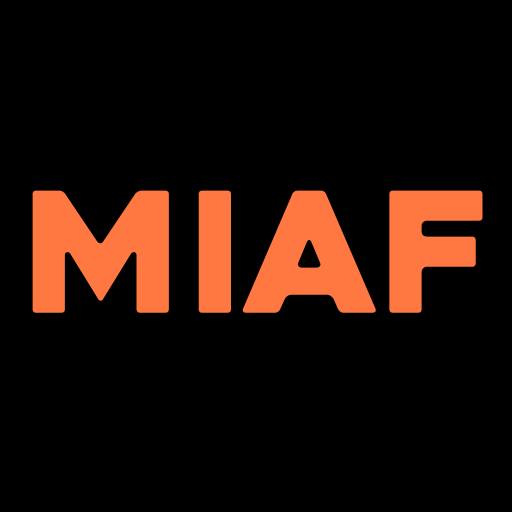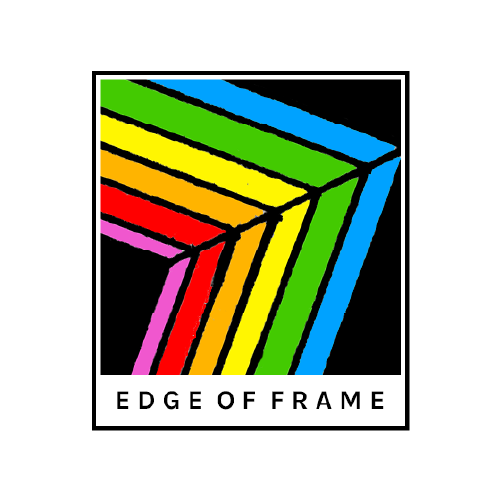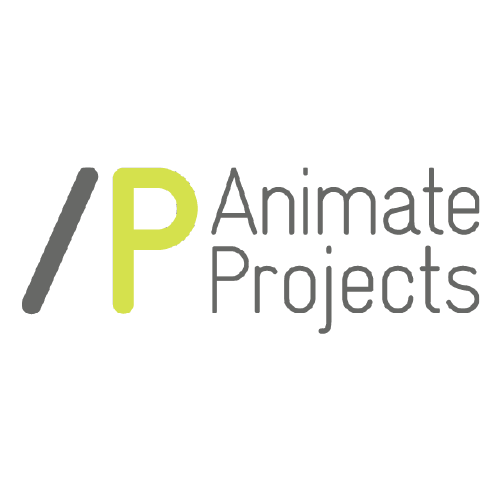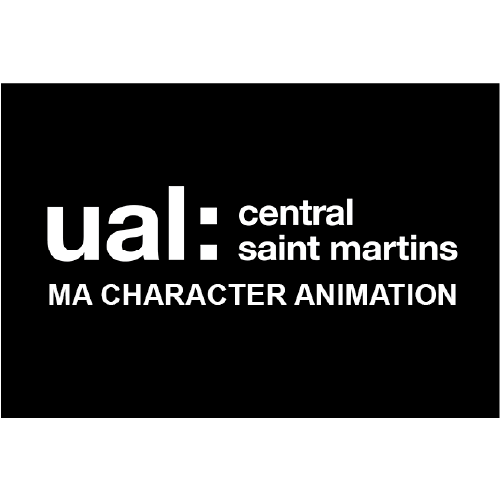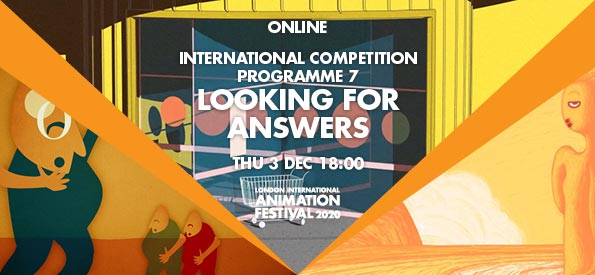 Data is not information. Information is not knowledge. Knowledge is not wisdom.
Data is not information. Information is not knowledge. Knowledge is not wisdom.
Humans have always looked for answers. Before the dark, T-shirted Profits of Silicon Valley turned up and figured out a way to weaponise the inherent human desire to look for answers and try and skip all the steps between data and wisdom, there used to be lots of different ways to go looking for answers. Sold to us as a way to eliminate the amount of intellectual and emotional shoe-leather involved in obtaining (at least) knowledge, it comes with the risk of hollowing out the value of something that we neither earned nor worked for.
In fairness, ‘answers’ come in wildly varying weights and dimensions. How much does a loaf of bread cost is a vastly different question to why do we like to share bread with friends.
After he had given the 21st century enough time to show a few of its colours, Clive James decided it was time for a bit of a stock-take on what had preceded it. In the introduction to his remarkable book ‘Cultural Amnesia’ (2007), James writes,
“Apart from the prophets, few people with any aspirations to a philosophical view doubted that the extensions of human knowledge would produce a race of the enlightened to lead a life of mathematically calculable justice. Learned books are published by the thousand,” he continues a little further down the page. “Yet learning was never less trusted as something to be pursued for its own sake. Too often used for ill, it is now asked about its use for good, and usually on the assumption that any good will be measureable on a market, like a commodity.”
And turn the page: “The idea that humanism has no immediately ascertainable use at all, and is invaluable for precisely that reason, is a hard sell in an age when the word ‘invaluable’, simply by the way it looks, is begging to be construed as ‘valueless’ even by the sophisticated. In fact, especially by them. If the humanism that makes civilization civilized is to be preserved into this century, it will need advocates.“
Just where the “z” in civilization and civilized came from is not clear but it does not mar its core proposition that knowledge and ‘looking for answers’ is an utterly human aspiration and is an invaluable (not valueless nor, despite best attempts, value-able) object-de-coeur in and of itself.
Who or what are those advocates that James advocates for? Artists, for one. Since time immemorial (or, more accurately, for the most recent blip of time that humans have been wandering around), the role of the artist as the proto-thinker of their society has been a critical one. Their ability to be heard, to earn a keep or to avoid being strung up has varied wildly down through the ages. Their tools, their tones, their trajectories have varied according to the times they live in, the societies they seek to whisper and the technologies of the day. Some are trying to offer answers, some are trying to make their own search for answers as visible as possible and some are trying to provoke stalled or blinded seekers to search for themselves. Some are trying to have some fun as they do it, some have found it to ultimately be an intolerable (if unavoidable) burden. Some attempt to entertain, some pivot to fanning flames or deliberately cracking the mirror they feel compelled to hold up.
For better or for worse, the ranks of contemporary animation harbour no shortage of practitioners who are ready, willing and able to use the tools of this modern artform to explore the nooks and crannies of the human condition in a way that mere words cannot.
Mere words, however, do give us the opportunity to introduce you to some of those animators who have journeyed into this terrain and come back with observations to share.
Each mind can craft its own reality. In some ways, this is its greatest superpower. Where things can come a bit unstuck sometimes is in the attempt to blend the found (or enforced) reality with the self-created one. It’s the equivalent of diving for pearls – there is incredible beauty to be found but search too deep for too long and the air starts to run short.
Animation is a perfect medium to use in the process of re-scrambling this egg. Its creative limitlessness allows the artist to ride it absolutely anywhere and everywhere a shape-shifting, place-changing, axis-bending imagination can go.
Many of these animators look to use the unique properties of animation to break a version of reality down to its component parts, evaluate the nuts and bolts and wheels and cogs of the engine they have just picked apart and rebuild it into something new that they see as being more fit for purpose.

Chico Jofilsan takes the programme immediately to top gear with his film In My Particular Case, an intense pageant of imagery pirouetting around every decision and anti-decision involved in the tortuous progression path of the creative process. This fever-stream of thoughts and pinballing options has to be wrangled from the open zoo of free-range ideas into something that can be contemplated as coherent. This infinite choice has to be marshalled before it overwhelms the original spark that got it burning in the first place – a process of creative risk management most artists would recognise.
A number of other films in the programme similarly flood our senses with a welter of images churning in a perpetual cascade of change. This process of relentless visual transformation is an integral part of their power to either explore our own reactions to the central questions they raise or (and sometimes, and/or) the numbered, sequential stepping stones of the animator’s journey of exploration and explanation.
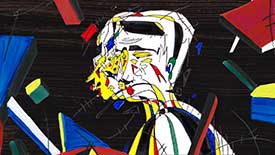
Any Instant Whatever by RCA graduate Michelle Brand, for example, is a beguiling and fascinating non-stop deconstruction of a person and their environment that stands as a kind of visual essay on the very notion of what a ‘seen’ reality is – and how much can we rely on what we see to truly understand what is in front of us.
Average Happiness (Maja Gehrig) ropes in a similar energy to explore a vastly larger environment; that of the cities so many of us live in. In doing so, questions such as the dependability of the data that drives the decisions that build these environments and the relationship of those massive data loads to the liveability and relevance of those built environments raises their heads above the ramparts.
Other films go searching for a more personal form of enlightenment. Helfer completed at the MOME school in Budapest by Anna Szollosi and Eli by Nate Milton, for example, take us on darker journeys that many people will easily relate to. These are the types of films that – literally – illustrate if not the answers then at least the depth and complexity of the questions in ways that immediately and instinctually connect with us on an almost primal level. These are not descriptions, they are depictions.
Altotting by Andreas Hykade is another film that carries the mantle of ‘personal film’. This film was on the drawing board when we hosted Mr Hykade waaaaay back at LIAF 2014. A co-production between his German studio Film Bilder, Ciclope Films and the National Film Board of Canada, it is quite a work to behold. At the time of his LIAF visit, Hykade nominated the audience for the film as “people who are in the process of intersecularity”. And, indeed, it is a fascinating procession through his earlier relationship with religion, one particular church and the gradations of the shift in his attitude to both over the course of his life. Visually, it is classic Hykade, tapping into everything from his ubiquitous Tom And The Slice Of Bread With Strawberry Jam And Honey series to the early crazed grandeur of Ring Of Fire.
Finishing the programme with a masterful inquiry into the world of hoax research and junk science was just too tempting to resist. Tom Schroeder’s latest film The Birth Order Experiment comes at us in the same style as that of the astonishing The Sparrow’s Flight (2016). The hypothesis this explores (with a groovy earnestness) makes just enough sense on the face of it to be something worth studying. Maybe. The research process is, of course, a solemnly restrained absurdity but because it does not need to jump out of a box blowing a whistle to make its point, it doesn’t. In all, we are treated to a deadpan presentation that says less about its own validity, in fact it takes a moment to spruik the farcical nature of the entire endeavour, and more about the processes, individuals and institutions who claim to be purveyors of the search for answers.
Indeed, beware false Prophets.
ONLINE Pre-order tickets
Malcolm Turner, LIAF Co-Director




